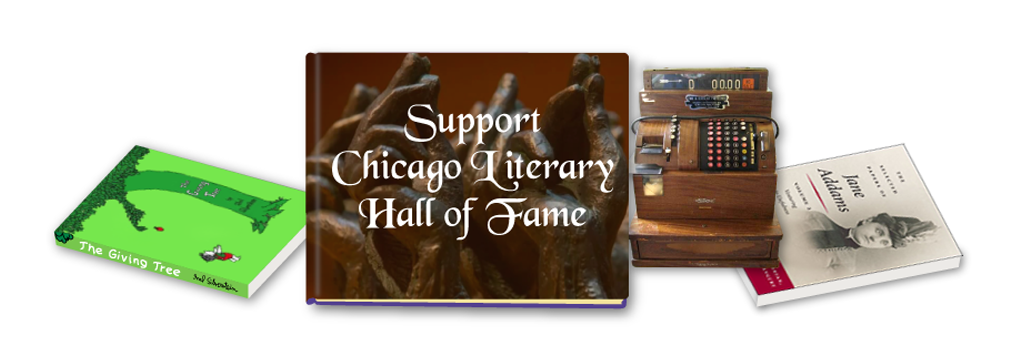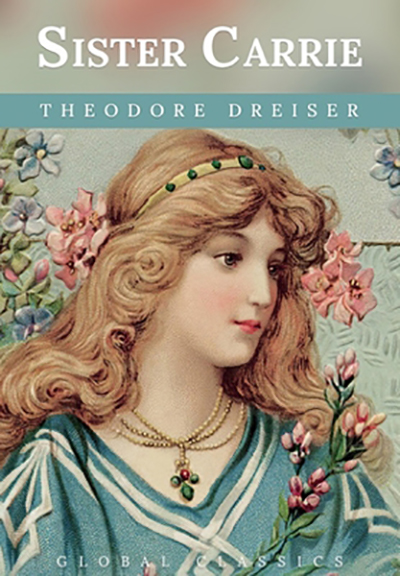A Chicago book that holds special meaning to me
Natalia Nebel
Chicago: a “blare of sound, a roar of life, a vast array of human hives…”
In Theodore Dreiser’s SISTER CARRIE, Chicago is the city in which Carrie begins a journey out of poverty into a world of fame and wealth. I know that Carrie’s success will destroy her, and yet I feel hopeful for Carrie every time I read the novel’s opening pages in which Carrie first glimpses Chicago from her train’s window and meets the traveling salesman Drouet, who will become her lover.
When Drouet praises Lincoln Park and Michigan Boulevard; calls the Chicago River a “muddy creek”; and gushes over theaters, crowds, and fine houses, Chicago becomes as new to me as to Carrie. When the train’s brakeman calls “Chicago! Chicago!” and Carrie prepares to exit, I understand why she wants a place in a city that’s on the verge of greatness and I want her to have that place too. On Carrie’s first night at her sister Minnie’s’ apartment – 354 W. Van Buren Street – I look out the window with her and hear horse-car bells for the first time and am entranced by city lights. And the following day, I experience Chicago’s hardness when Carrie can’t afford more than a cup of soup at a diner, and she struggles to find work along LaSalle, Madison, Dearborn, and Monroe streets. Remarkable, how much and how little has Chicago changed.
Chicago of 120 years ago comes to life every time I pick up SISTER CARRIE and its opening paragraph, “When Caroline Meeber boarded the afternoon train for Chicago…” always compels me to reread this novel about the vagaries of love and the American dream.









